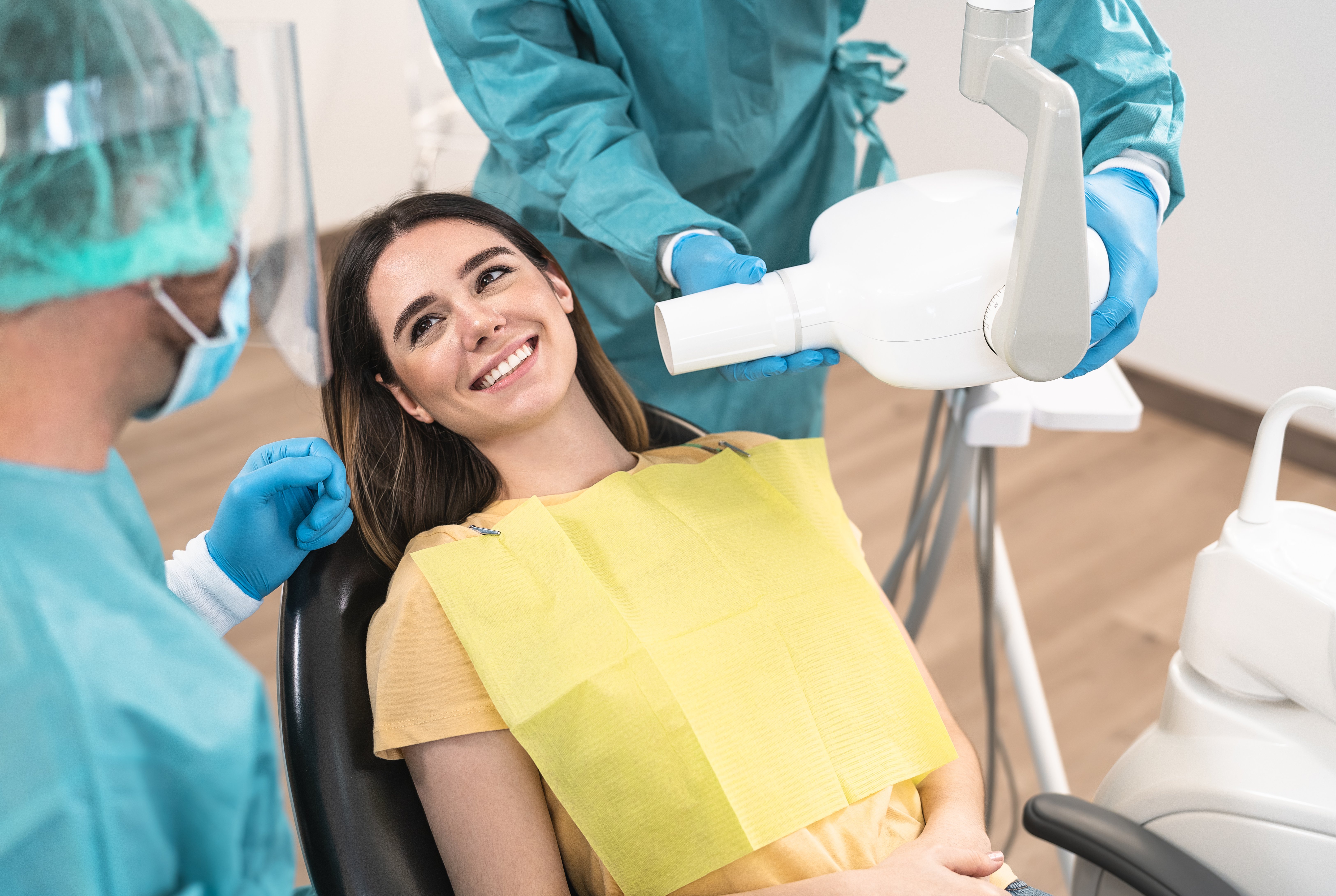
When it comes to replacing missing teeth, dental implants are usually the best form of treatment, however, they are not suitable for everyone and so can’t be considered an automatic solution. Before undergoing treatment, it’s necessary to have a consultation with your chosen practitioner who will decide if you are a suitable candidate for dental implants. So, what makes an ideal candidate? Here are a few things that your practitioner will be looking out for.
The general health of your gums
One of the biggest concerns regarding dental implants is periodontitis, commonly referred to as gum disease, and the negative effect it can have on the effectiveness of implants. While some mild gum disease is normal, if it gets to an advanced stage, the gums can recede, and this can cause implant posts to become exposed. If this, happens it can also cause infection in the bone structure meaning that implant bases can become loose. If you have gum disease at the time of consultation, this will have to be resolved before implant treatment can be considered.
The volume of healthy jawbone
A healthy, strong jawbone is a key factor in whether someone is a suitable candidate for dental implants. The success of dental implants relies on a process called osseointegration, which is where the bone heals around the implant, securing it permanently in place. As part of the initial consultation, your practitioner will assess the density of your jawbone to decide if you are a suitable candidate. A lack of bone density doesn’t automatically eliminate you from being a candidate for dental implants though, as in certain cases, a procedure called bone grafting which creates the regeneration of new bone mass in the area, can be carried out before dental implant treatment.
Your current dental health: are you already undergoing treatment?
If you are currently undergoing any form of dental treatment, whether that’s fillings, root canal, or scheduled extractions, your practitioner may insist for this to be completed before your start your dental implant treatment.
Are you a smoker? Or can you commit to giving up smoking?
Smoking increases the risk of gum disease, which we know has a negative effect when it comes to the success and longevity of dental implant treatment. Smoking can also compromise the body’s ability to recover post-surgery and increases the risk of complications or failure of the procedure. Your provider will ask if you are a non-smoker, and if not, they will ask if you are prepared to commit to quitting. Ideally, you should be “smoke-free” for a minimum of 6-months before treatment begins.
Are you in good general health?
Dental implants are an invasive procedure that involves the use of anesthesia and sedation. Therefore, to minimize the risk of complications, it is important to ensure that the patient is in good general health. To be a good candidate your provider will discuss your medical and dental history with you, and only if the benefits outweigh the risk, will you be considered a suitable candidate.
Are you invested in taking care of your implants and oral health?
With proper care and cleaning, and a good oral health routine overall, research has shown that dental implants can last for decades, which makes them a great investment in your future smile for years to come. To make sure they remain functional and look great it is essential that you take care of your oral health. Your dental implant provider will ask whether you are committed to regular brushing and flossing and whether you intend to continue with regular, routine check-ups with your dentist.
If you would like more information or would like to know if you are an ideal candidate for dental implants, please get in touch with our specialist team who will be happy to help at Hawaii Oral Surgery in Aiea. Call 808-731-2220 to schedule an appointment today.









